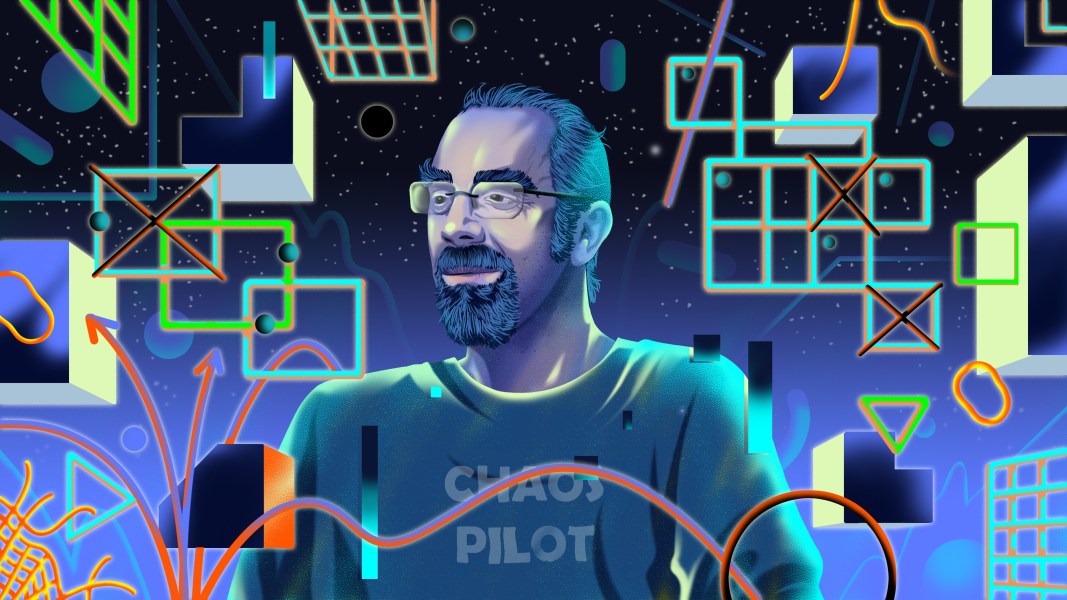Tech entrepreneur Jim Gilliam has famously stated the Internet is like his religion. And just as most religions require systems of spiritual leadership, Gilliam argues that a lack of leaders has led to a lot of creative energy and potential going to waste. Creativity and innovation is good for humanity; the Internet does well to foster that by connecting people. But we could be doing so much better on that front, he says, if we just had someone out there opening our eyes.
Jim Gilliam: For me it feels like there’s all this untapped potential sitting out there in the world because people are not tapped into what it is that they are uniquely meant to create. And so as a result there’s all this like latent energy sitting there that’s like not being utilized because people are sitting in their corporate jobs, you know, in some like high-rise tower being bored all day. And it’s only when we start to unlock — even just incremental portions of that that we’ll start to sort of figure out what really is possible.
There was a study done a few years ago by Pew Research in 2011. They went and they surveyed a whole bunch of different groups online. They identified 27-28 different types of groups. Everything from political parties to unions and fantasy sports leagues. They asked them a bunch of questions and one of the questions was, "Why do you leave a group?" And the number one reason by far — 54 percent of people said that the reason they leave the group is because of a lack of leadership. So what I believe is happening is that the Internet is connecting everybody at a scale that’s just unprecedented. I mean everybody knows that. If you think about it, right, every hugely successful technology has fundamentally connected people — planes, cars, the phone, television, even the wheel, right. And so the Internet is just this amazing version of all of that. And so all these people are connecting, but then because of a lack of leadership all of that energy is going to waste. So if we can somehow connect all of the potential and power of an individual’s passion in the way that they’re meant to create with all of that latent energy in communities that need leadership. We connect those two things together — that’s how we dramatically increase the impact of humans and our ability to create things that were sort of never possible before.





